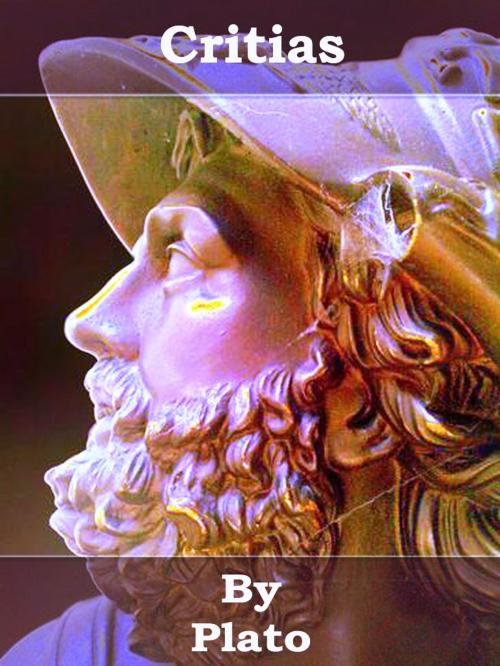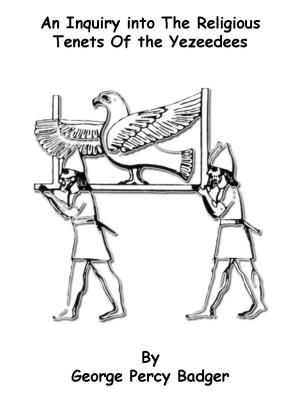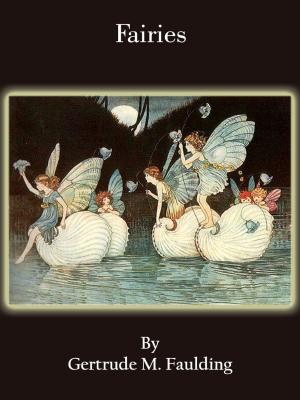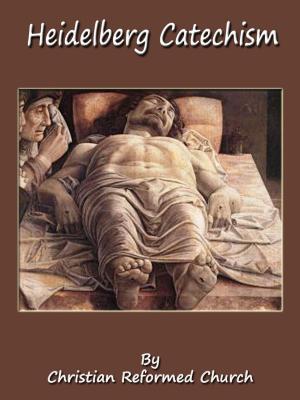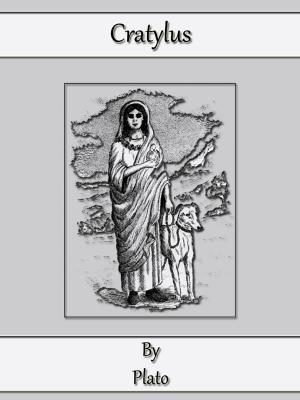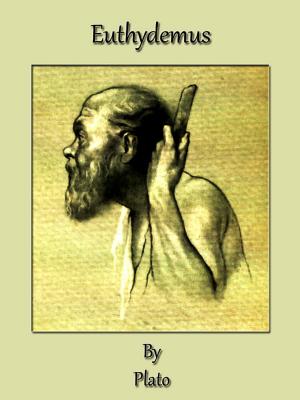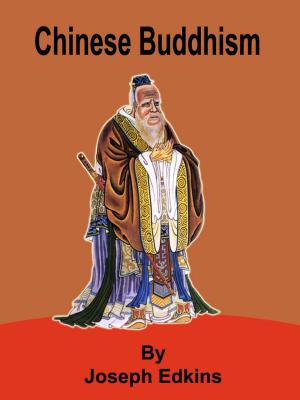| Author: | Plato | ISBN: | 1230001472561 |
| Publisher: | Bhoomi Digital Apps. | Publication: | December 15, 2016 |
| Imprint: | Language: | English |
| Author: | Plato |
| ISBN: | 1230001472561 |
| Publisher: | Bhoomi Digital Apps. |
| Publication: | December 15, 2016 |
| Imprint: | |
| Language: | English |
CRITIAS
by Plato
Plato, along with his teacher Socrates and student Aristotle, is one of the most famous and influential philosophers in history. Plato founded the Academy in Athens which greatly helped develop philosophy and he was also instrumental in the development of Western religion and spirituality.
About the Author:
"Plato ("wide, broad-browed") (428/427 BC - 348/347 BC), was an ancient Greek philosopher, the second of the great trio of ancient Greeks, succeeding Socrates and preceding Aristotle, who between them laid the philosophical foundations of Western culture. Plato was also a mathematician, writer of philosophical dialogues, and founder of the Academy in Athens, the first institution of higher learning in the western world. Plato is widely believed to have been a student of Socrates, and to have been as much influenced by his thinking as by what he saw as his teacher's unjust death.
Plato's brilliance as a writer and thinker can be witnessed by reading his Socratic dialogues. Some of the dialogues, letters, and other works that are ascribed to him are considered spurious. Interestingly, although there is little question that Plato lectured at the Academy that he founded, the pedagogical function of his dialogues, if any, is not known with certainty. The dialogues have since Plato's time been used to teach a range of subjects, mostly including philosophy, logic, rhetoric, mathematics, and other subjects about which he wrote."
CRITIAS
by Plato
Plato, along with his teacher Socrates and student Aristotle, is one of the most famous and influential philosophers in history. Plato founded the Academy in Athens which greatly helped develop philosophy and he was also instrumental in the development of Western religion and spirituality.
About the Author:
"Plato ("wide, broad-browed") (428/427 BC - 348/347 BC), was an ancient Greek philosopher, the second of the great trio of ancient Greeks, succeeding Socrates and preceding Aristotle, who between them laid the philosophical foundations of Western culture. Plato was also a mathematician, writer of philosophical dialogues, and founder of the Academy in Athens, the first institution of higher learning in the western world. Plato is widely believed to have been a student of Socrates, and to have been as much influenced by his thinking as by what he saw as his teacher's unjust death.
Plato's brilliance as a writer and thinker can be witnessed by reading his Socratic dialogues. Some of the dialogues, letters, and other works that are ascribed to him are considered spurious. Interestingly, although there is little question that Plato lectured at the Academy that he founded, the pedagogical function of his dialogues, if any, is not known with certainty. The dialogues have since Plato's time been used to teach a range of subjects, mostly including philosophy, logic, rhetoric, mathematics, and other subjects about which he wrote."
